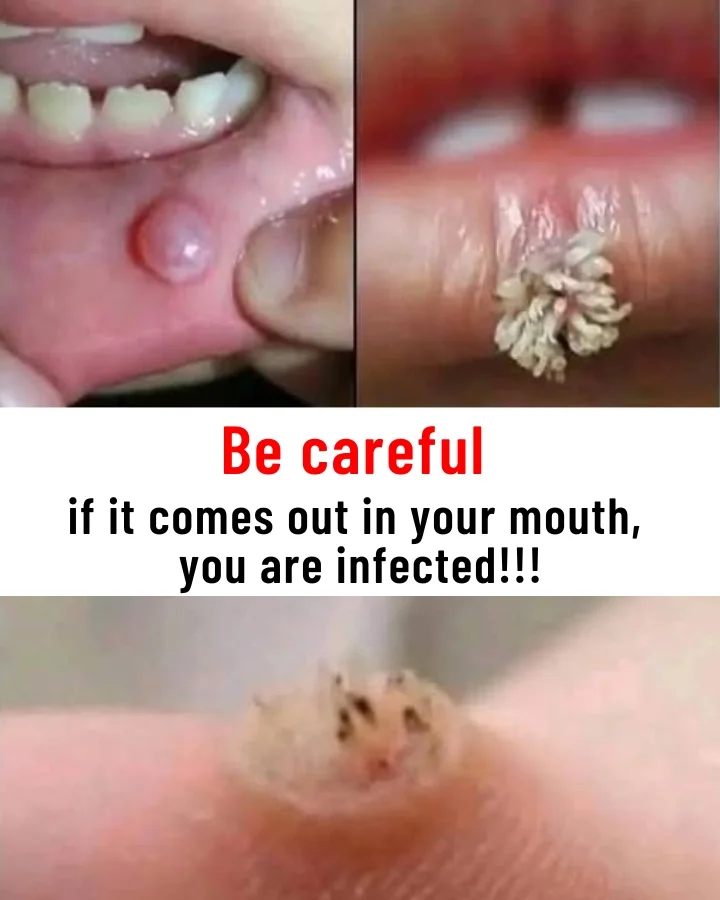Cold sores, or fever blisters, are a widespread viral infection mainly caused by the herpes simplex virus type 1 (HSV-1). Occasionally, herpes simplex virus type 2 (HSV-2)—typically linked to genital herpes—can also cause cold sores, especially through oral-genital contact.
What Causes Cold Sores?
Cold sores are very contagious and spread easily through direct or indirect contact with infected saliva or skin. Common transmission methods include:
-
Direct contact: Kissing or sharing food, drinks, or utensils with someone who has the virus.
-
Indirect contact: Using items contaminated with the virus like towels, lip balm, or cutlery.
-
Self-infection: Touching a cold sore and then touching other body parts such as eyes or genitals can spread the virus.
Symptoms to Watch For
Cold sores usually develop in stages:
-
Tingling or itching: A burning or itching feeling often occurs 1–2 days before sores appear.
-
Blister formation: Small, fluid-filled blisters usually appear near the lips, sometimes on the nose or gums.
-
Blister rupture: Blisters break open to form painful red sores; this is the most contagious phase.
-
Scabbing: Sores dry and form crusts that eventually fall off during healing.
An outbreak generally lasts 7 to 10 days. The virus remains dormant in the body but can reactivate later.
What Triggers an Outbreak?
Several factors can cause the virus to flare up again, including:
-
Stress (emotional or physical)
-
Sunlight or UV exposure
-
Hormonal changes (menstruation, pregnancy)
-
Other illnesses like colds or fevers
-
A weakened immune system due to health issues or treatments
Treatment Options
While there is no permanent cure, treatments can relieve symptoms and speed healing:
-
Antiviral medications: Pills such as acyclovir, valacyclovir, or famciclovir can shorten outbreaks, especially if taken early.
-
Topical antiviral creams: Help soothe symptoms and may reduce virus spread.
-
Pain relief: Over-the-counter painkillers or numbing creams ease discomfort.
-
Moisturizing balms: Lip balms can soothe dryness and pain.
Prevention Tips
To avoid spreading or triggering cold sores:
-
Avoid kissing or close contact during outbreaks
-
Don’t share personal items like lip balm, towels, or utensils
-
Use lip sunscreen if sun triggers outbreaks
-
Maintain a healthy lifestyle to support your immune system
When to See a Doctor
Seek medical advice if:
-
Outbreaks are frequent or severe
-
Over-the-counter treatments don’t help
-
Sores spread beyond the lips or grow large
-
Pain affects eating, drinking, or speaking
-
You have a weakened immune system
Could Alzheimer’s Begin in the Mouth?
Alzheimer’s disease, the leading cause of dementia in the UK, has unclear origins, linked to aging, depression, genetics, and cardiovascular factors. However, recent studies suggest Alzheimer’s may have an infectious component.
A 2019 study found a connection between Alzheimer’s and gum disease. Researchers focused on gingipains, toxic enzymes from the bacteria Porphyromonas gingivalis (P. gingivalis), which were associated with proteins linked to Alzheimer’s, such as tau and ubiquitin.
Interestingly, these toxic enzymes were also found in the brains of deceased individuals without an Alzheimer’s diagnosis, raising questions about whether infection precedes symptoms or if dementia leads to poor oral care.
Researchers concluded that P. gingivalis infection in the brain is likely an early event in Alzheimer’s development, possibly occurring before cognitive decline.
In mouse studies, a drug called COR388 reduced amyloid-beta production and brain inflammation by targeting the bacteria’s toxic proteins.
David Reynolds from Alzheimer’s Research emphasized the urgency to explore new treatments, as no new dementia drugs have emerged in over 15 years.
